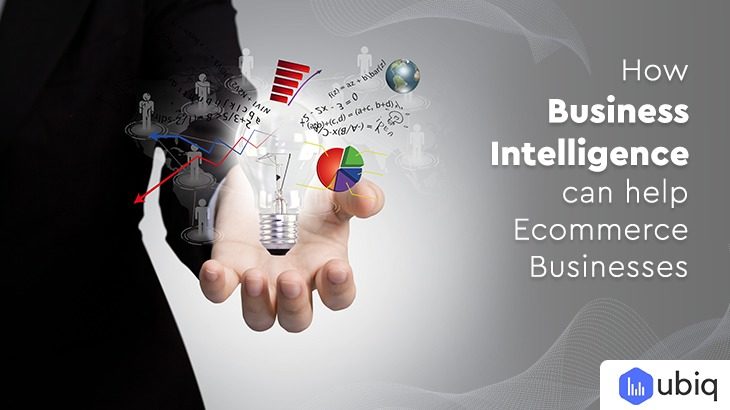As reported by Broadband research, the internet is used consistently by sixty percent of the community globally. This has significantly affected our way of life.
Today everybody’s life is affected by the internet. Even the business statistics depend on it.
What is BI?
Business Intelligence (BI) software is software that accumulates, examines and displays business data and statistics.
It helps the respective firms to formulate well informed and better decisions in every sector of the business.
For instance, a banking company uses a BI control panel to examine the issues they received and sort them by time, place and account type. This would accentuate the number of complaints, such as an increase in a specific city and allow the businesses to evaluate the causes.
Business Intelligence vs. Data Analytics:
The major difference between these two is that BI helps in providing resolutions based on previous results while data analytics helps in business forecasting.
Business Intelligence Services For All Business Sizes:
Utility computing has made BI services quite economical, enabling them to be also available for small-scale businesses.
It helps them better understand the following:
• Helps to keep a tab on how many goods were bought in a particular time and the financial gains generated by the product.
• Assists to see how many emails were seen, then implicate that data into a BI dashboard to see how they have impacted sales.
• Helps to make precise decisions based on facts and figures.
• Analyze and access sales trends based on customer’s preferences, reactions to promotions, online shopping experiences, purchasing behavior and other patterns that impact sales which also maximizes revenue.
• Helps understand what strategies work and what doesn’t.
• It is necessary for e-commerce websites to hold on to their previous customers as developing new clients is more difficult than preserving existing ones. BI provides an understanding of possible causes of what caused clients to leave.
• Accumulates details related to delayed shipping, replacements, customer feedback and reviews, which in return assists them in improving customer’s experience.
• Monitors business revenue from time to time.
Business Intelligence Software Tools:
Several tools are available in the market with varying characteristics marked at different rates. Each tool will have different features which will provide you with to access the data you need to scale.
The further mentioned traits should be considered before you purchase a BI solution:
1. Ad Hoc analysis: is a system where individual business questions are answered. For instance, the quantity of the products that the company was able to sell last month or the number of sales that the new influencer campaign was able to bring in.
2. Dashboards: It gives authority to the customers to view overall metrics so as the help them in the decision-making process.
3. Real-time analysis: It provides businesses easy access to data about what is trending at present. This assists them to make essential decisions smoothly as trends develop.
4. OLAP Tools: allow businesses to accumulate and examine data from numerous references. It includes advertising, sales tools, customer relationship management, and electronic commerce platforms.
5. Visualizations: It provides us with a visual representation of raw data which helps in easy interpretation and understanding of the current market scenario and client’s requirements. The data could be portrayed in a line graph, bar graph, flowcharts, etc.
Also Read: What is Business Intelligence Reporting?
Sreeram Sreenivasan is the Founder of Ubiq. He has helped many Fortune 500 companies in the areas of BI & software development.
